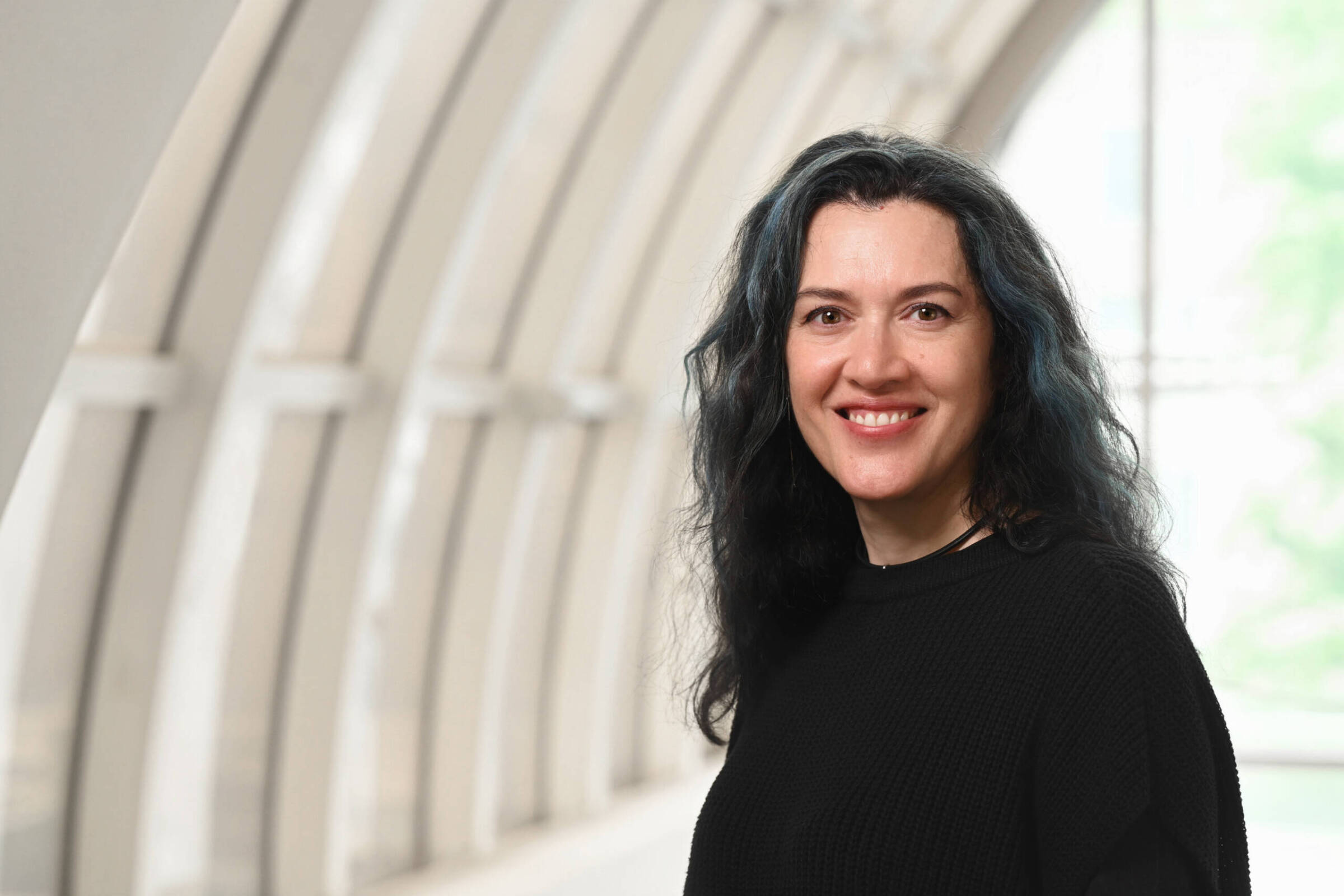Jeffrey Ravetch wins Wolf Prize in Medicine
Jeffrey V. Ravetch, head of the Leonard Wagner Laboratory of Molecular Genetics and Immunology at Rockefeller University, was named a recipient of the 2015 Wolf Prize in Medicine on Friday (January 30) and will receive the award at a ceremony in Tel Aviv in May. He shares the prize, which includes a monetary award of $100,000, with two other immunologists, John Kappler and Philippa Marrack. Kappler and Marrack work together at of National Jewish Health in Denver, and Marrack is a member of Rockefeller’s Committee on Scientific Affairs.
Since 1978, the Wolf Foundation in Israel has awarded annual prizes in the arts and sciences, which are presented by the President of Israel. This year, five prizes were presented to seven scientists and two musicians. The three winners of the medicine prize were selected for their work on the molecular basis of the immune response.
Ravetch dissects the cellular and molecular mechanisms that govern the generation of antibody specificity and the translation of that specificity into cellular responses. By identifying the genetic components that cause immune system cells to respond to specific antibodies, Dr. Ravetch hopes to gain a better understanding of how a functioning immune system protects organisms from invaders, and how a dysfunctional immune system attacks the body’s own tissues.
Ravetch’s award recognizes his studies of the “heterogeneous effector function of antibody molecules and his documentation of the importance of diverse receptors for the constant ‘Fc’ part of antibody molecules.” Ravetch has cloned many of these receptors for the immunoglobulin Fc region, and has showed that they are important in mediating antibody function both in pathogenic disease and the body’s normal state.
“Jeff’s work on Fc receptors has revealed critical knowledge of the molecular biology that underlies the immune system,” says Marc Tessier-Lavigne, the university’s president. “By showing how antibodies communicate chemically with immune system cells, his research is of great importance to the fight against both pathogenic disease and autoimmune disorders. It is gratifying to see his pioneering work recognized with this prestigious international award.”
Ravetch graduated from Yale University in 1973 and entered the Rockefeller University-Cornell University M.D.-Ph.D. program. He received his Ph.D. in 1978 from The Rockefeller University, where he studied under Norton Zinder and Peter Model and his M.D. from Cornell University Medical College in 1979. He completed his postdoctoral research at the National Institutes of Health with Philip Leder, where he cloned the immunoglobulin heavy chain genes and began his career-long interest in antibody function. In 1982 Ravetch joined the faculty of Memorial Sloan-Kettering Cancer Center and in 1984 also became a guest investigator in Rockefeller’s Laboratory of Cellular Physiology and Immunology. He returned to Rockefeller in 1996 as professor and head of laboratory and was named Theresa and Eugene M. Lang Professor in 1997.
Ravetch’s previous awards include the Canada Gairdner International Award in 2012, the Coley Award from the Cancer Research Institute in 2007, the American Association of Immunologists-Huang Foundation Meritorious Career Award in 2005, the Lee C. Howley Sr. Prize for Arthritis Research in 2004 and the Burroughs Wellcome Fund Award in Molecular Parasitology in 1986. He is a fellow of the American Academy of Arts and Sciences and the American Association for the Advancement of Science and a member of the National Academy of Sciences and the Institute of Medicine.
The Wolf Prize is considered one of the most prestigious prizes in medicine, along with the Nobel Prize, the Albert Lasker Award and the Canada Gairdner International Award. The previous Rockefeller recipient of the Wolf Prize in Medicine was Maclyn McCarty in 1990. Three Rockefeller faculty have been recipients of the Wolf Prize in Physics: Mitchell Feigenbaum and Albert Libchaber in 1986 and George Uhlenbeck in 1979.


